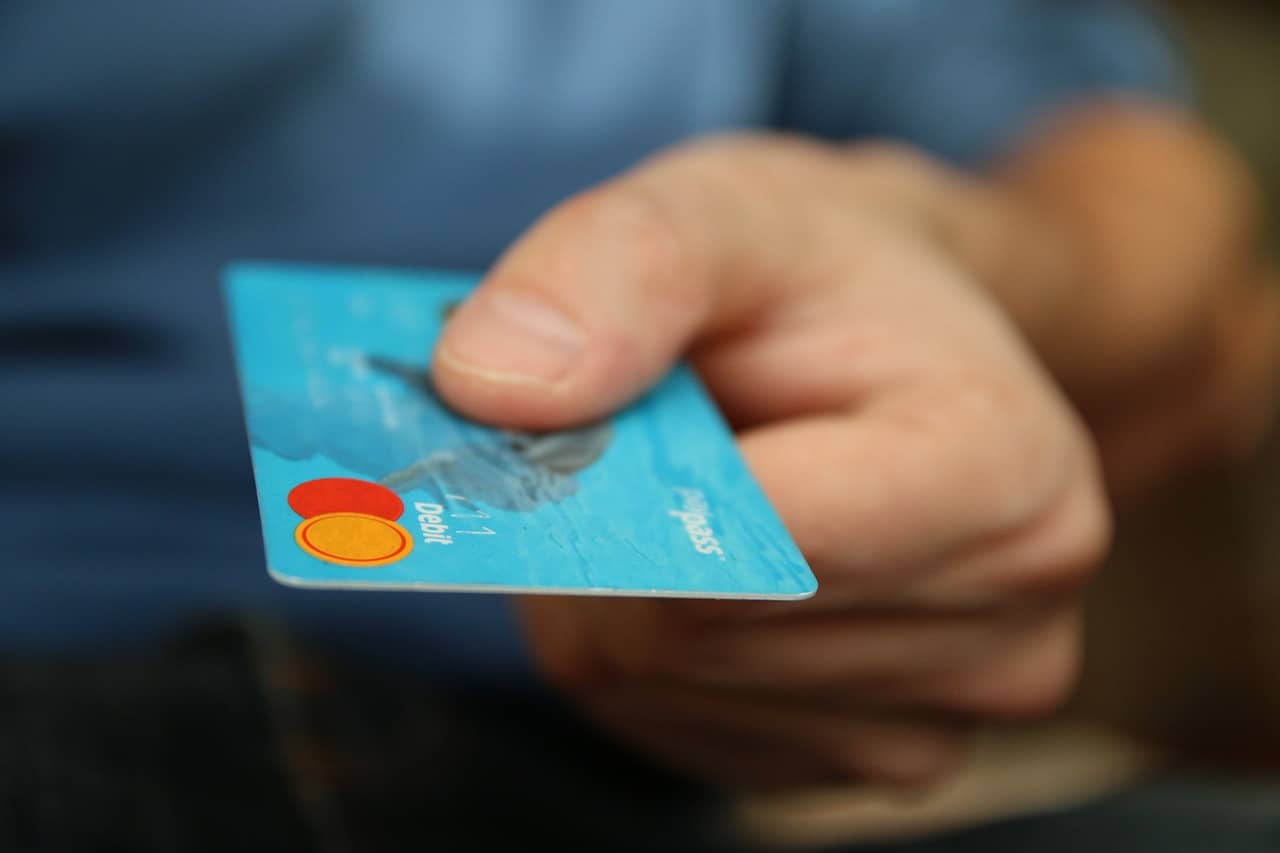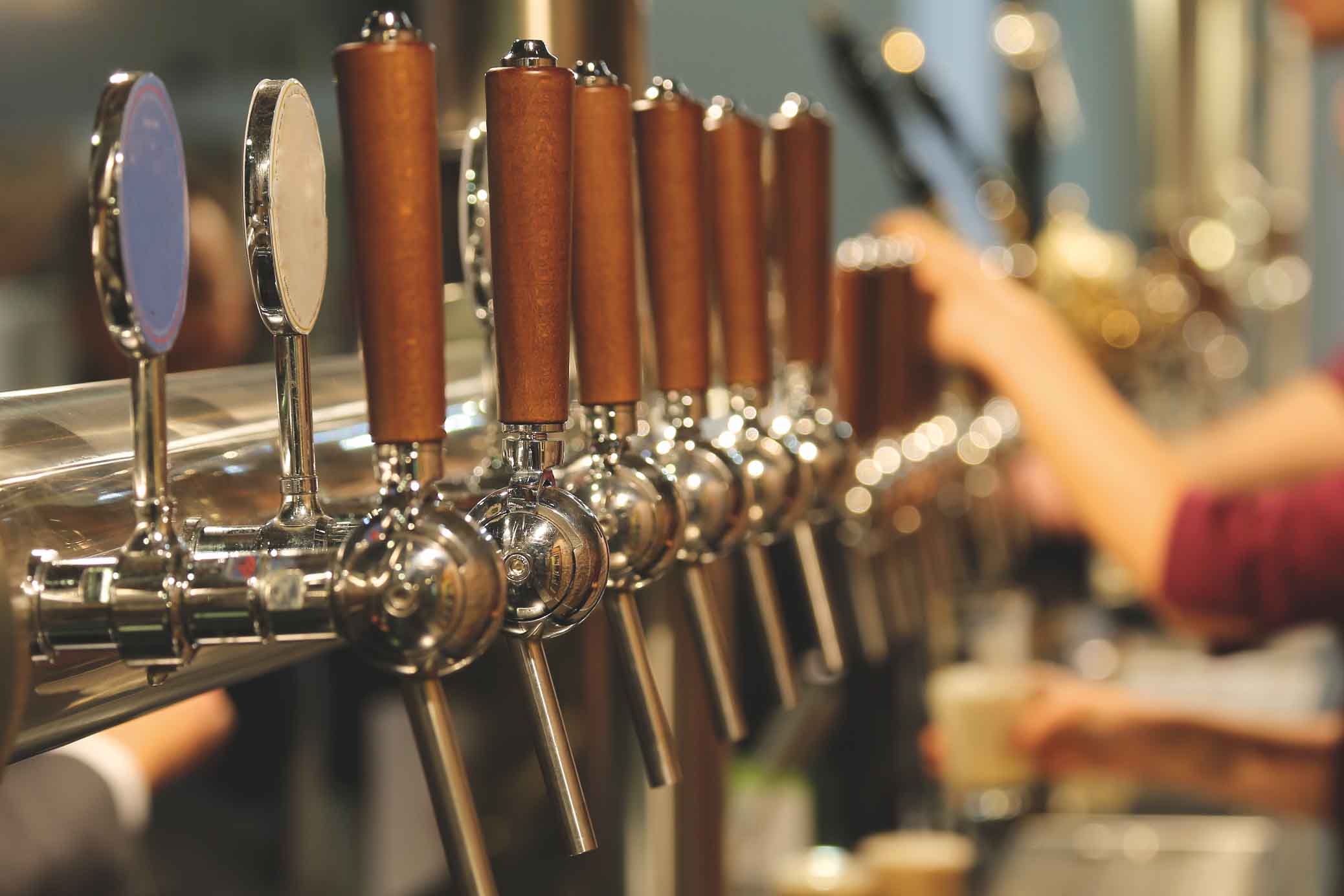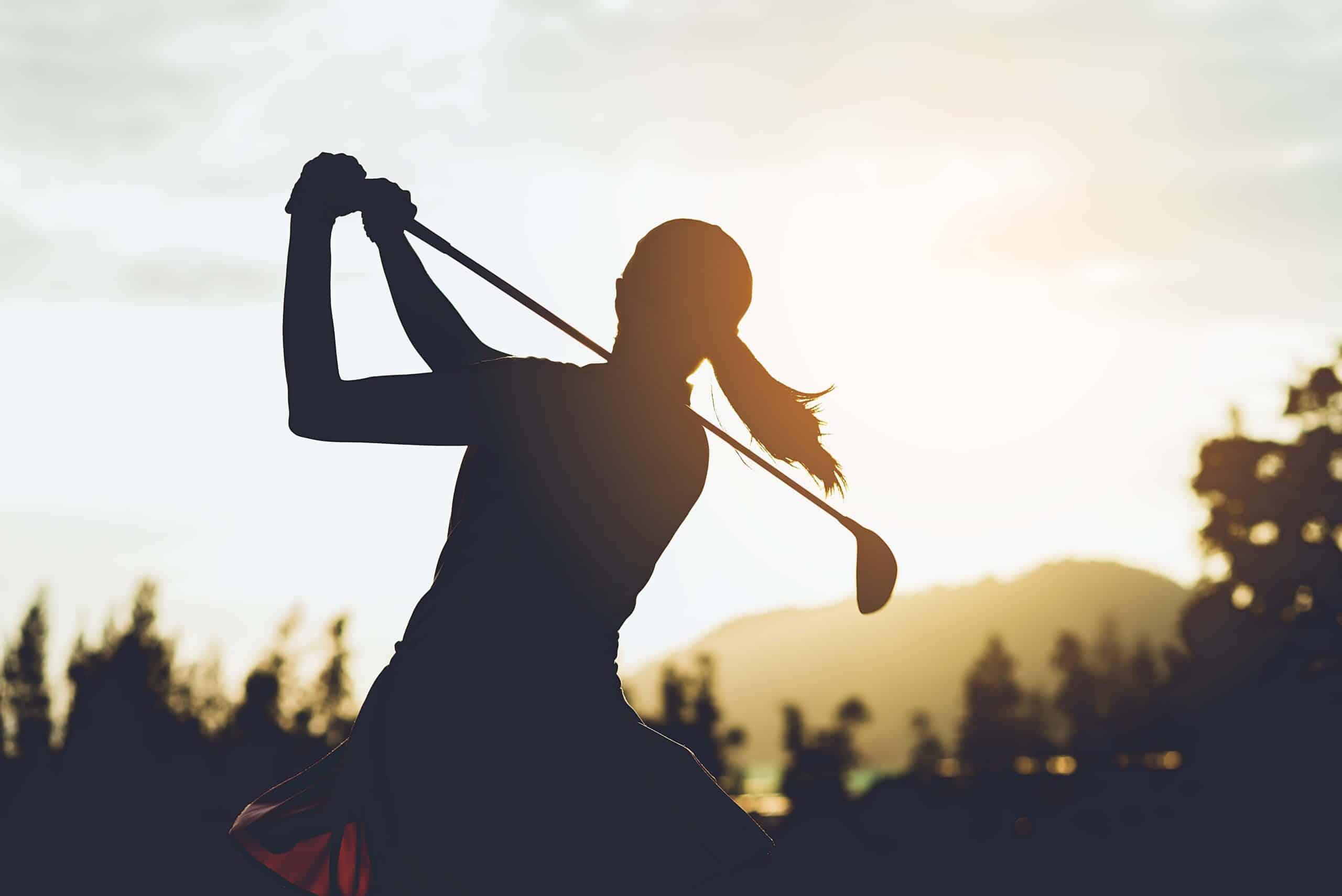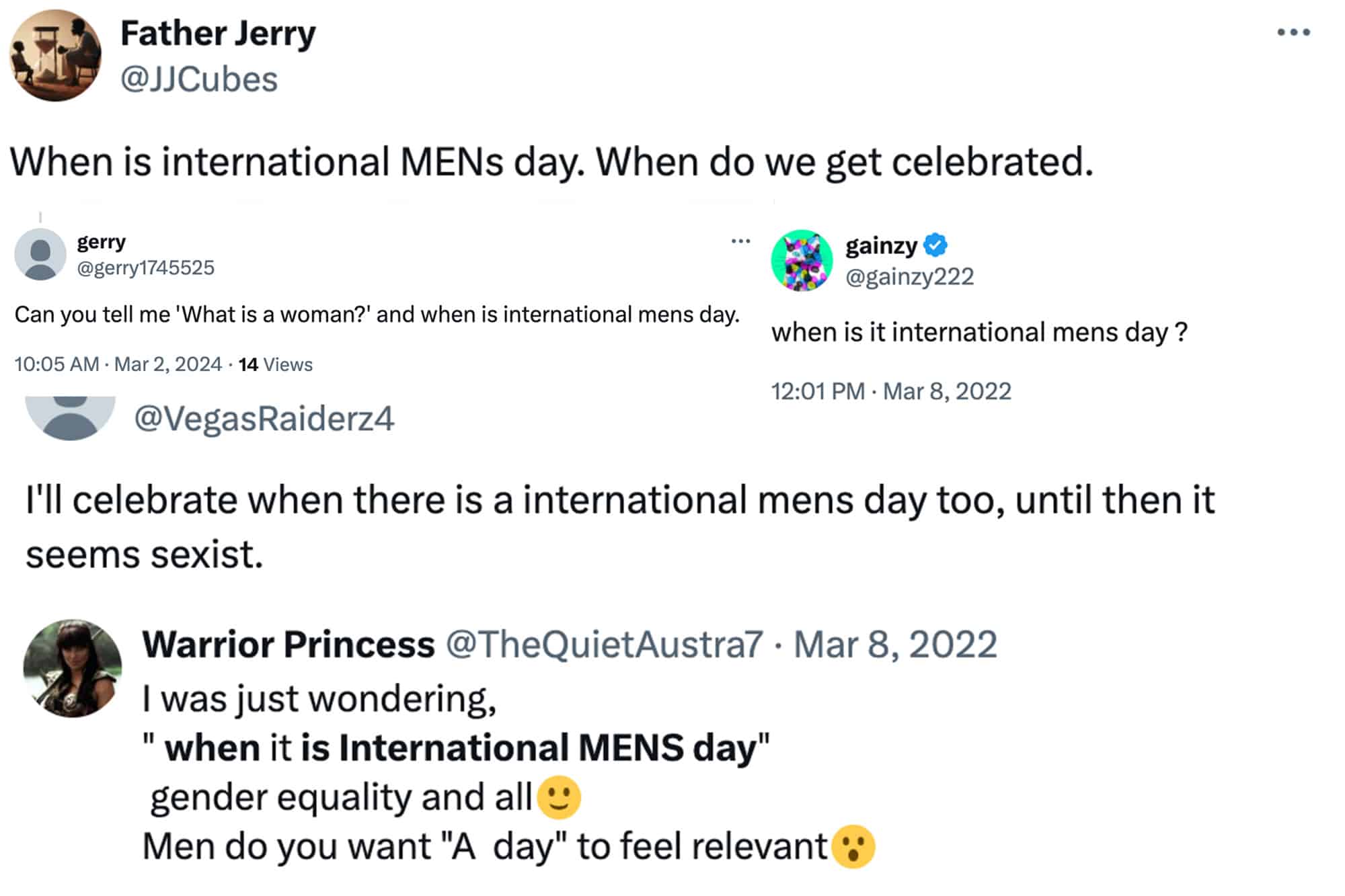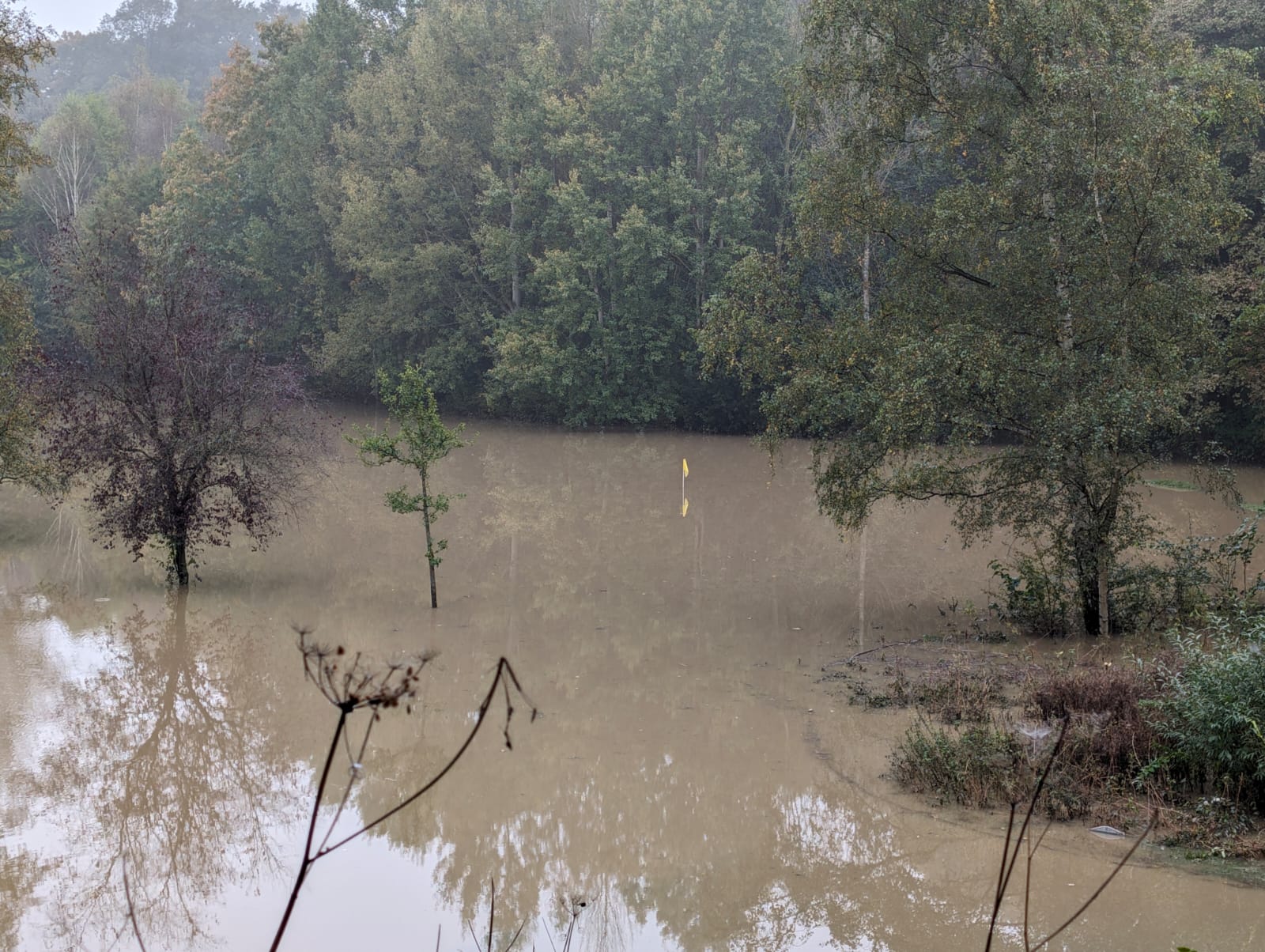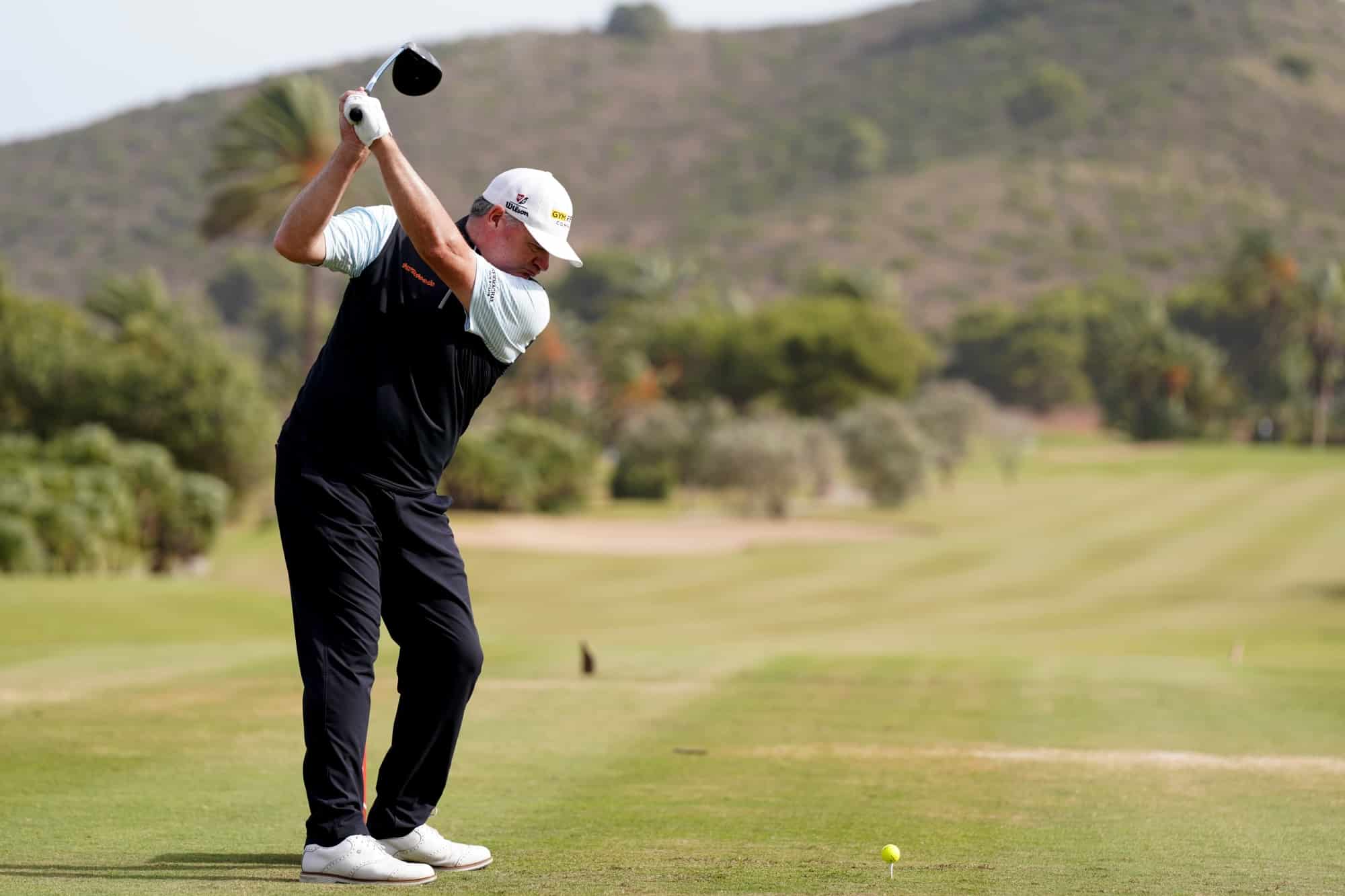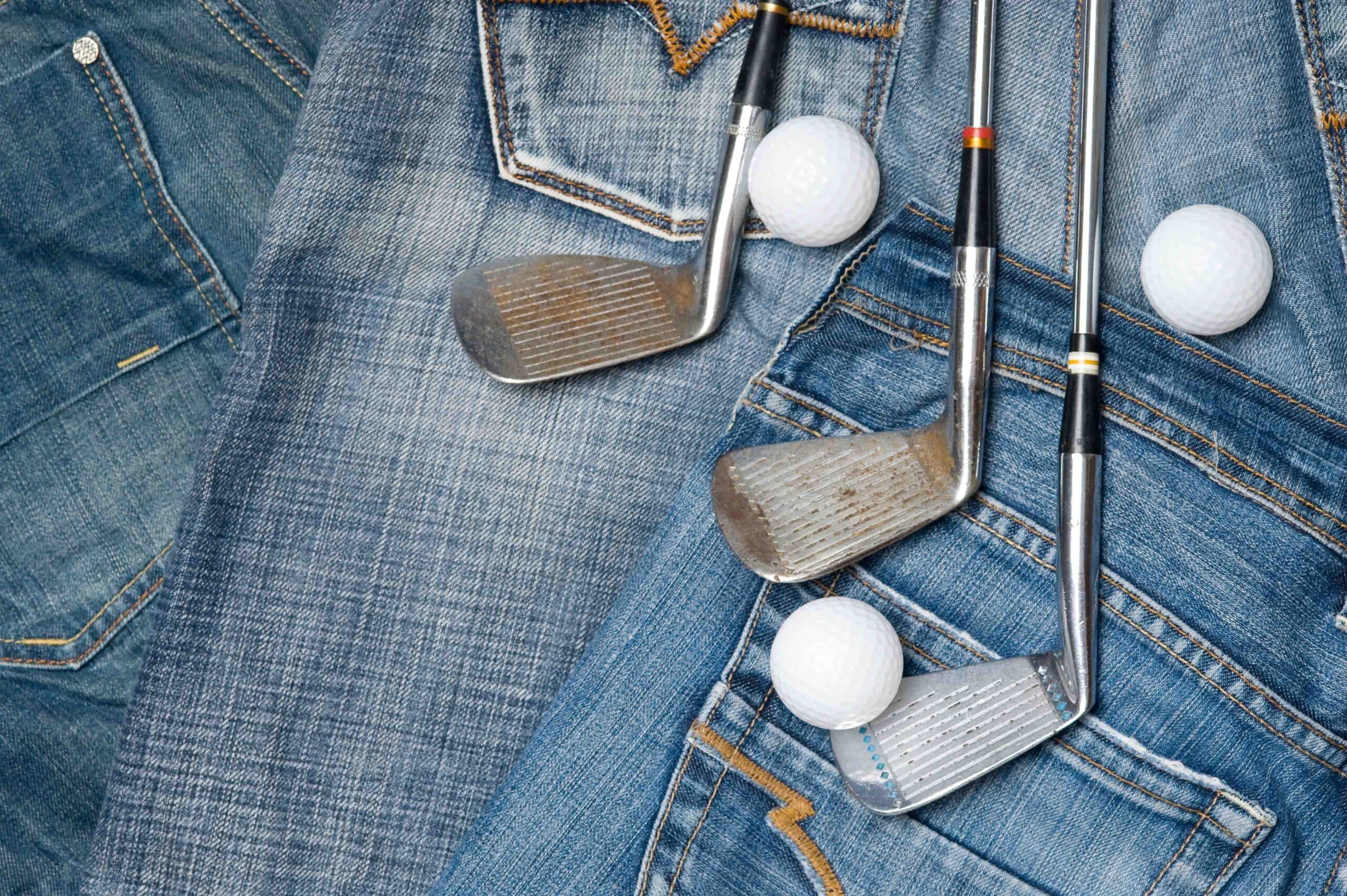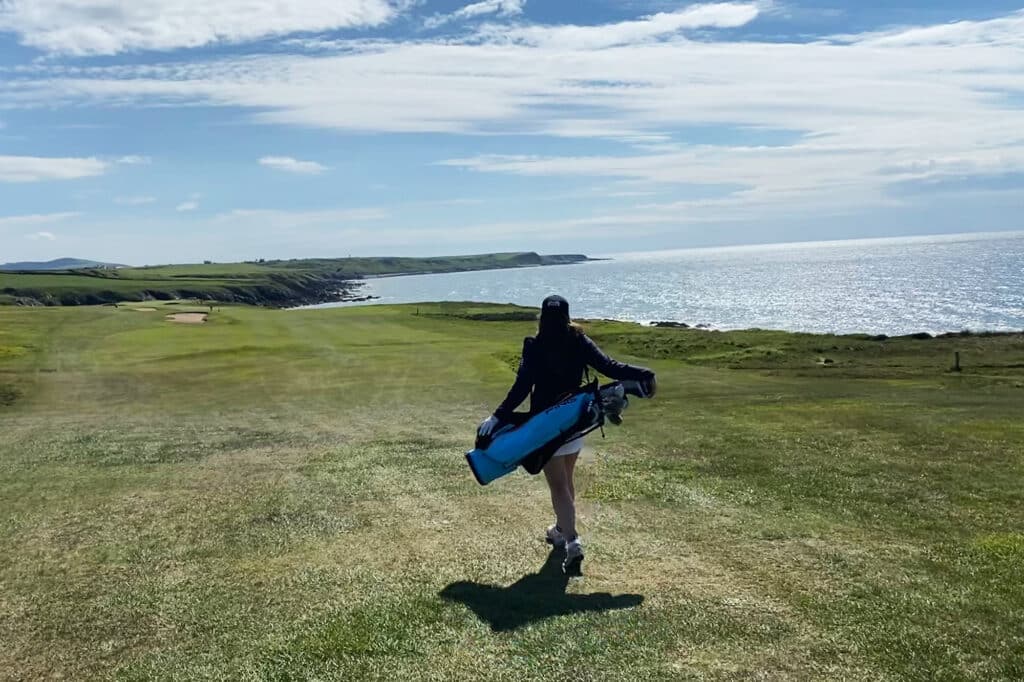
It may be acceptable to turn up to a competition without your golf shoes or your putter on one occasion; then it’s just a mistake, a one-off, but not for me.
Hat Richardson tells us how golf has helped her become more positive about discovering her autistic identity
You know the person you play golf with, the one who is always late to the tee? They turn up in shorts when it’s snowing, without waterproofs when it’s raining and never have enough golf balls or tee pegs for the entire round. They finish their round without any knowledge of their score, often labelled as ‘lacking common sense’ and being a bit ‘ditzy’.
Maybe you don’t know the person I’m describing, but if you’ve ever played golf with me then you certainly will, because that person is me. It may be acceptable to turn up to a competition without your golf shoes or your putter on one occasion.
Then it’s just a mistake, a one-off. But not for me. The lost property bag in my pro shop has saved me on several occasions. I’m very lucky that my coach is female and I fit into her clothes. She’s been very good to me over the years.
All this lack of organisation, I’m sure has made people question my commitment to the sport over the years, but I can assure you it really has no connection.
I’ve experienced many years of feeling never good enough no matter how hard I try and thinking ‘why can’t I just be like everyone else in my golf team?’
And then, early in 2022, I finally learned that I am neurodivergent (both autistic and ADHD) and it turned my world and my identity upside down. It has also connected a lot of dots.
I started playing golf when I was 13. Previous to that I lived, breathed, and ate tennis but I would have epic meltdowns on the court because I couldn’t regulate my emotions.
My grandparents suggested that I try golf, and luckily, I didn’t have emotional outbursts on the course because I had time between shots to process and regulate my emotions.
However, golf wasn’t without its challenges for me. Never mind what sport I played and how well I played it, I could never fit in with a team.
I was never left out but I never really belonged. I found it difficult to converse in groups of people and social chit-chat was so effortful, which is something essential for golf.
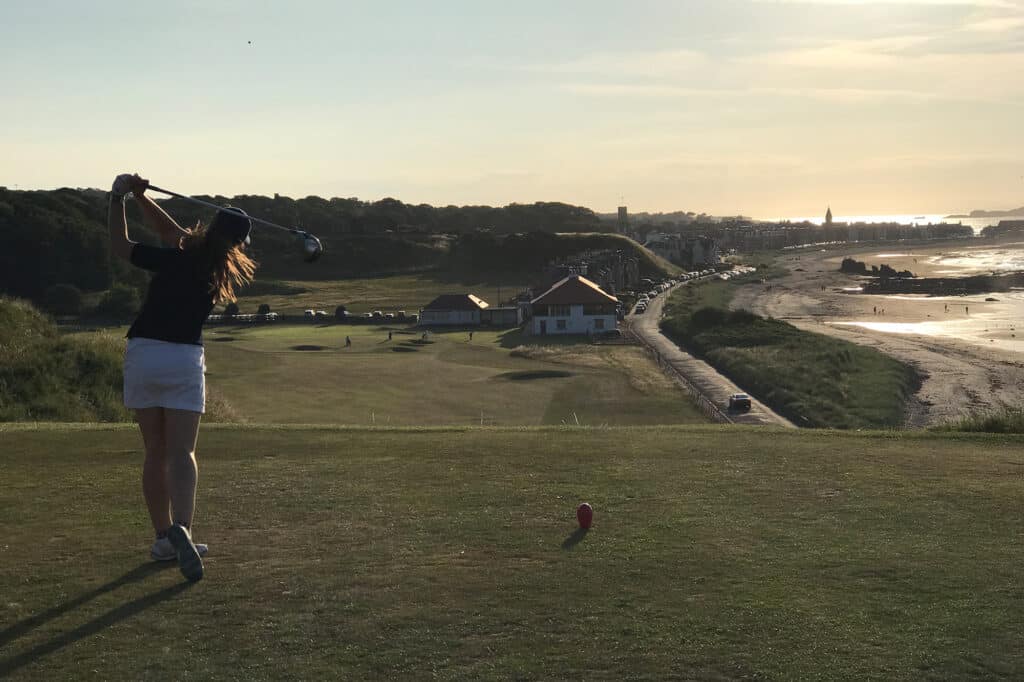
Most of my life I have passed as being just like everyone else by masking. Masking is something many autistic people do.
In basic terms, we conceal our autistic traits in order to fit in and survive socially. Part of the problem for me is communicating verbally, as I am semi-speaking and so I have always forced myself to speak when at golf.
Being semi-speaking means I sometimes have access to speech and at other times speech is too effortful or impossible. My mask helped me to converse with a variety of people, all ages and genders in an effective way to get through a round of golf with what others viewed as ‘normal’ social behaviour.
The impact of this is that I would often return home completely mute for the rest of the evening, unable to process the environment around me and be exhausted for days afterwards. Finishing up a four-hour round and going for a drink afterwards was too much to ask and I would often excuse myself from this to support my mental health.
There have been occasions where I have been unable to mask and have appeared really rude to people, due to my direct communication style. I wish I had understood I was neurodivergent earlier so that I could have been explained my need to not to chat going around the course.
As a Speech and Language Therapist for work, I support people to use alternative forms of communication when speech is inaccessible, including sign, writing and text-to-speech devices. I think it’s important for golf to be accepting of these communication methods in order to provide inclusivity for people who communicate differently.
There have been times where I have felt unable to attend golf matches or competitions because I am unable to speak, which should not continue to be a barrier because all forms of communication are valuable.
After I moved out of my family home, I completely stopped competing outside of my club, and I always partially attributed this to poor mental health.
In reality, this was the first time my parents weren’t filling out competition application forms or supporting me to contact people for a round. I could never explain why I couldn’t sort these things out myself, but I now know my brain works in a completely different way to most people, and I struggle with organisation, time management and planning.
There are dozens of partially filled out forms all over my house because without support I cannot complete these seemingly ‘basic’ tasks, due to having ADHD.
Like any sport, golf has its barriers for disabled people, which, in the case of autism, includes clothing that doesn’t support sensory processing differences.
My autism assessment flagged up significant hypersensitivity to touch and textures, especially when it is unexpected or inconsistent.
As far as I am aware there aren’t any specific sensory-friendly golf clothing. Things like tags and restrictive or heavy fabrics are a definite no-go for me. Ideal sensory-friendly clothing for me, would be soft fabric tops with no collar, tagless, stretchy waistbands and easily accessible pockets. Wearing the correct clothing can make a big difference to how I feel on the course and help avoid a sensory overload too.
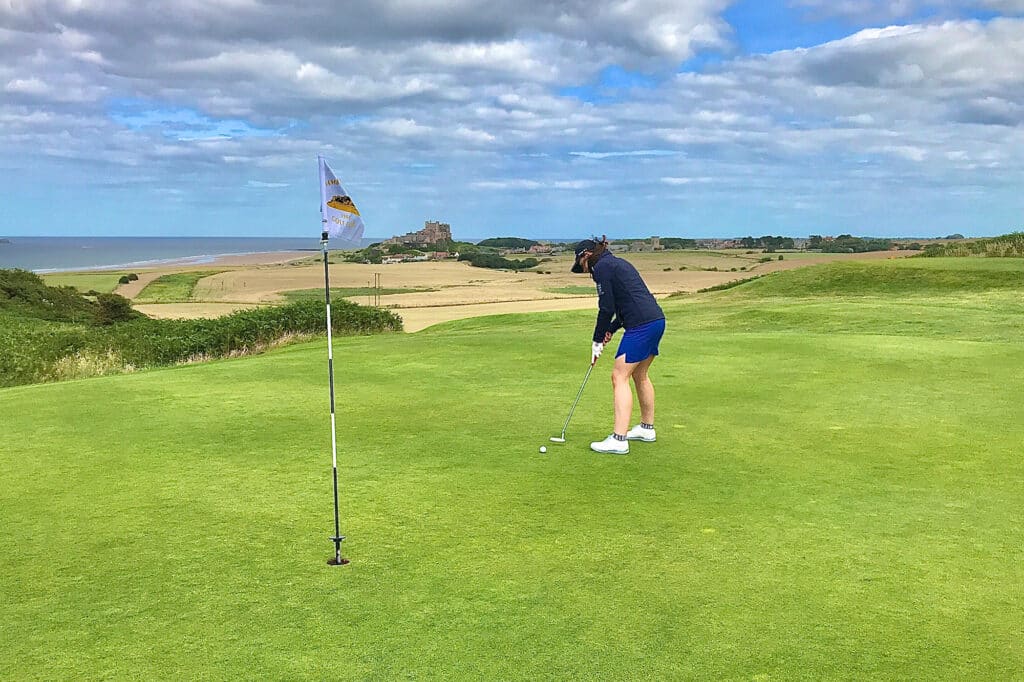
It’s taken for me to receive my diagnosis to fully understand that this contributes to why I can’t play golf in winter. I go into hibernation from golf after October until the end of March without any practice, only to pick my clubs up for the first time in five months and still play to single figures, something that doesn’t make me all too popular!
Whenever I tried to play in winter, I would become tearful, stressed and agitated and unable to enjoy myself at any point, going home to shut myself in silence and solitude for hours on end without being able to communicate with anyone. This is because of my sensory processing differences and the inability to regulate my temperature.
Many autistic people, including myself experience difficulties with co-ordination. Most of the time, I’m very co-ordinated, but if I’m particularly stressed or experiencing sensory overwhelm, I struggle to understand where my body is in space, which has a significant impact on my performance.
I can play to scratch one day and the next day I might play to 18, it can be very inconsistent due to the fluctuation of my co-ordination.
Despite the challenges I experience in golf as an autistic person, the sport suits the way my brain works in many different ways.
It has often been commented on that even a helicopter has flown over my head and I’ve not broken focus from my tee shot. In fact, I was experiencing intense focus, where I didn’t even hear the helicopter.
Being autistic means that I focus on very particular details, which is helpful for reading the line of putts, and general course management. I also thrive under pressure as an ADHDer, as this makes me focus much more intensely than other people are able to.
I love playing golf. It has given me opportunities to play individually and also be part of a team for the first time in my life. It’s had such a positive impact on me and my mental health.
I am so proud to be a golfer. It has helped me be positive about discovering my autistic identity, because being a female golfer among predominantly male golfers has always made me a little different anyway, and I’m more than happy with that!
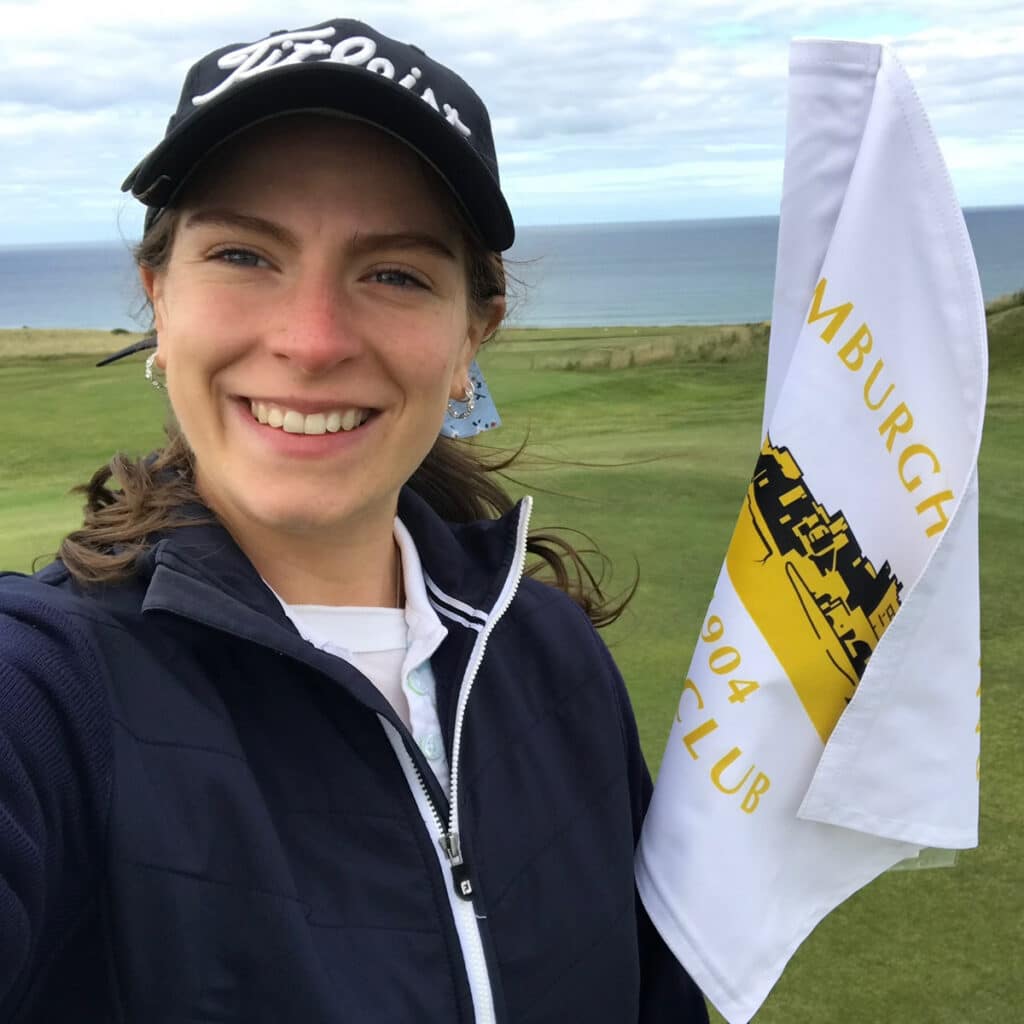
Hat is a neurodivergent Speech & Language Therapist, public speaker and author. She was identified as autistic and ADHD in 2022 at the age of 26. Shortly after, she created the social media account @hat.talks.uk, to promote acceptance and understanding of autism and ADHD. Hat plays golf in West Yorkshire, playing for Huddersfield Golf Club scratch team for over ten years. Hat currently has a handicap of three.
Hannah Holden

Hannah Holden is the Equipment and Instruction Editor here at National Club Golfer. If you’re looking to improve your game, by changing your golf swing or upgrading your golf equipment she’ll have the answers.
As well as writing lots of features and reviews you can find her on our YouTube channel giving you insights on the latest rules, clubs and tips to improve your golf game.
Hannah is a member at Alwoodley golf club. You will either find her here or driving up and down the country playing in a variety of elite amateur events.




